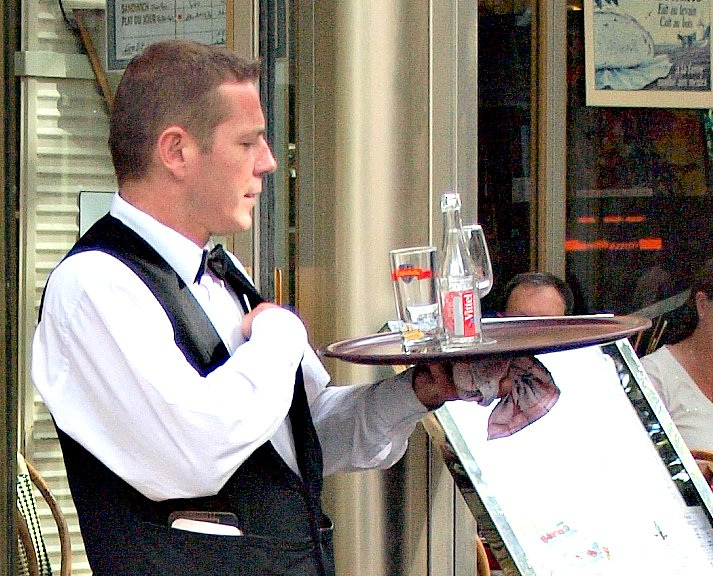
On Tuesday, June 19, Washington D.C. residents will vote on Initiative 77 which would end the tipping system as we know it – costing wait staff and bartenders income, and killing jobs and businesses.
Known as the tipped wage, wage tip credit, or sub-minimum wage, this system allows service workers to be paid less than the minimum wage while they earn tips. These workers often earn far more than the minimum wage. But they are at least guaranteed to earn the regular minimum wage if their income falls short after tips.
So why push a drastic 200 percent increase in the wage? Why destroy a system that has worked for ages?
The campaign against the system is built on demagoguery, and ignorance. It’s driven by the absurdly-named Restaurant Opportunities Center, and it has spread not through merit, but political power and deceiving spin. It benefits unions, and destroys a restaurant industry they don’t like.
As the Employment Policies Institute’s Michael Saltsman writes in the Wall Street Journal: “The group views the elimination of the tipped wage in Washington and elsewhere as a first step “in getting to no tips.” As Diana Ramirez, director of ROC-DC, explained, “You can’t do payroll deductions”—that is, unions can’t dip into cash pay to collect dues.”
Attacking the tip credit is so radical that many Democrat politicians oppose it. In the District of Columbia, that includes Mayor Bowser and most of the City Council.
However, ending the tipped wage is part of the Democratic Party platform. Governor Cuomo in New York has pushed the state labor department to consider ending the tip credit, and Senator Bernie Sanders backs a popular bill in Congress that would drastically boost the wage.
The party, and these politicians, have chosen the unions’ political apparatus over protecting American workers.
Servers hate the prospect of the tip system being ruined.
In the District of Columbia, servers have participated in the Save Our Tips campaign. In Upstate New York, one restaurant worker started a Facebook campaign that organically grew to 20,000 people. At hearings across the state, servers showed up en masse to protest ending the credit.
In Maine, where the tip credit was done away with, uproar from restaurant servers caused the state legislature to reverse their decision in less than a year.
The Maine situation also proved concerns over wages going down were very true. Servers lost money in reality. Businesses will also close as they struggle to afford the additional labor costs heaped on them.
Tuesday, D.C. voters will decide the fate of the latest battle over tips, but the war will continue across the country.

